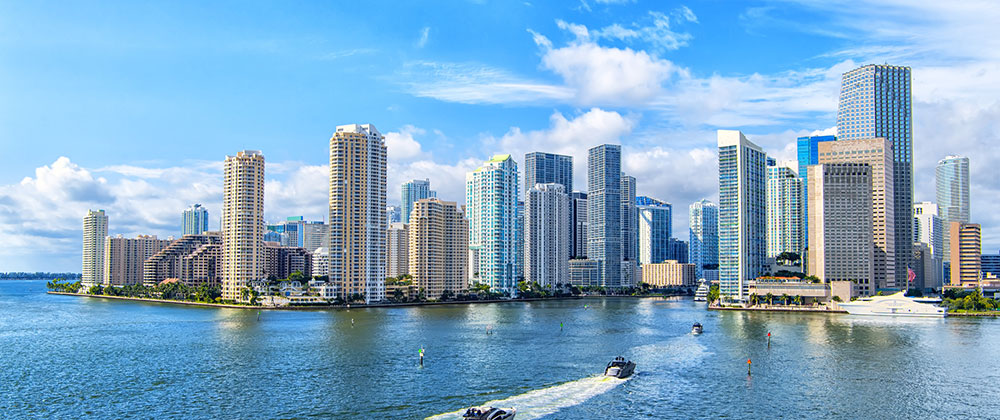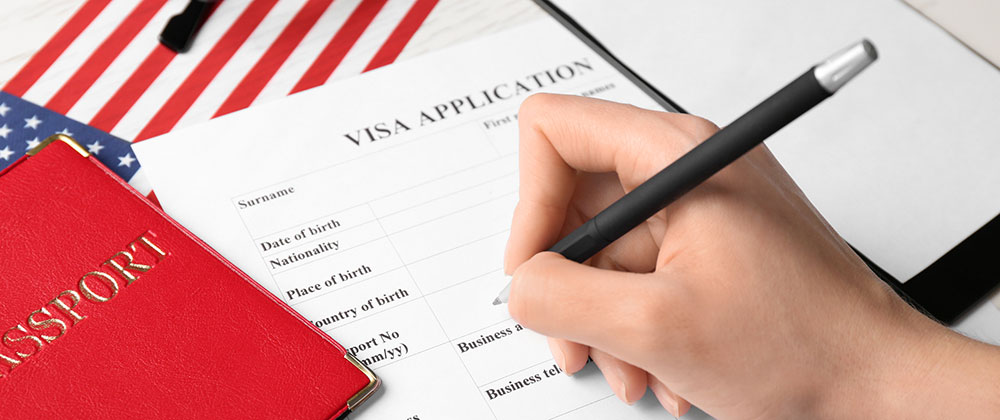Ever since the 2000 election where the decision of who would become the next president rested on such a small margin that was to be determined by the swing state of Florida, people have made a fuss about voting rules for they have the potential to make a huge impact in an election. For that reason nearly half of the nation’s states have altered their voting rules for this election, a fact that could prevent many people from voting, including Latinos as well as other naturalized immigrant groups.
According to a report from Advancement project, a civil rights group, “this year, an unprecedented number of voting restrictions impose barriers to voting that disproportionately affect the Latino community.” The group points out to three different types of efforts in 23 states that it says will impact eligible Latino voters, namely those efforts made to restrict numbers of non-citizen voters, proof of citizenship requirements for voter registration and photo ID laws. Based on the U.S. Census population data of eligible Latino voters in these 23 states, the organization estimates that obstacles could deter or prevent more than 10 million Latino citizens from registering and voting in the 2012 elections. “Discrimination works that way. It exponentially affects the entire community,” saying it can influence the results of the election.
The organization has been involved in several legal challenges to recent state voting measures, including a high-profile case over the controversial Pennsylvania voter ID law, which requires voters to present a state-issued photo ID. The supporters of the law assure that it strengthens the voting process by being a safeguard against voter fraud. Yet the Advancement Project countered that evidence by showing that in-person voter fraud is “virtually nonexistent,” that the only type of viable fraud is done through “absentee ballots” which is meant for those who are living out of town or who are serving in the military and can’t physically be present to vote. The manner in which the voter ID laws are set up is meant to limit voter participation instead of actually protecting the integrity of our elections since there is really no such threat.
This issue is incredibly divisive among party lines. Republican supporters of voter ID laws argue that the laws would help fight voter fraud, yet Democrats argue that the new measures help Republicans since it limits minority turnouts in crucial battleground states. In any case, Latinos are expected to be greatly affected by these unnecessary laws. Let us hope that it does not deter them from exercising their right to vote!



